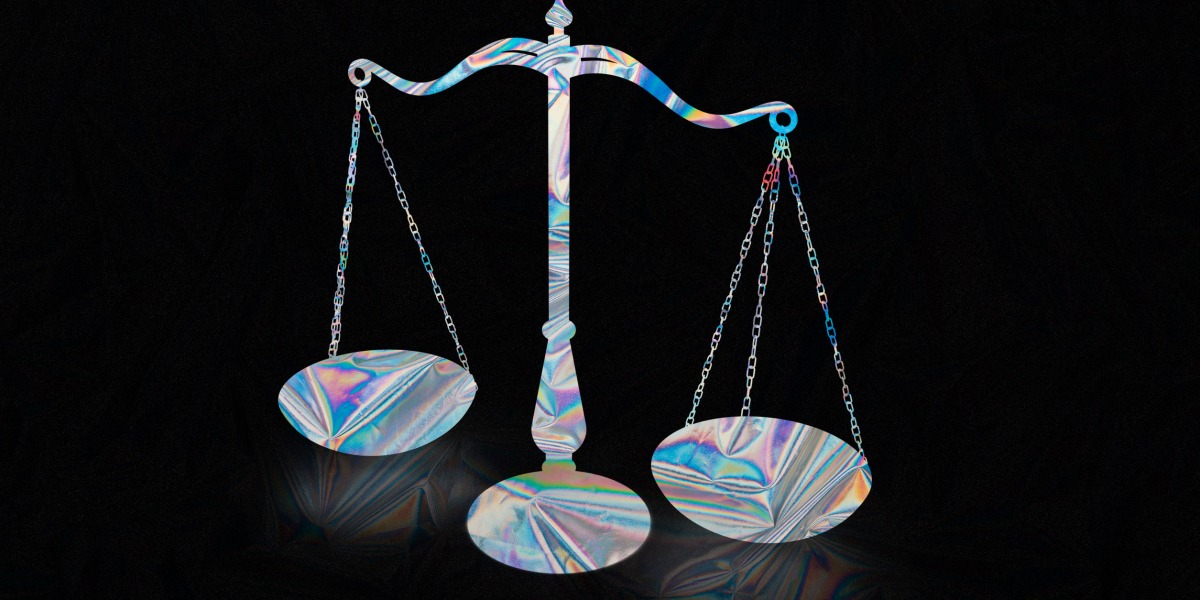
Scenario 1: One or both cases are dismissed or sent back.
Several justices voiced confusion about what exactly the Gonzalez case was arguing, and how the case got all the way up to the Supreme Court. The plaintiff’s lawyers received criticism for poor arguments, and there’s speculation that the case might be dismissed. This would mean the Supreme Court could avoid ruling on Section 230 at all, and send a clear signal that Congress ought to deal with the problem. There’s also a chance that the Taamneh case could go back to the lower court.
Scenario 2: Google wins in Gonzalez, but the way Section 230 is interpreted changes.
When the Supreme Court issues a verdict, it issues opinions on the verdict too. These opinions offer legal rationales that change how lower courts interpret the ruling and law going forward. So even if Google wins, that doesn’t necessarily mean the court won’t write something that changes the way Section 230 is interpreted.
It’s possible that the court could open a whole new can of worms if it does this. For example, there was lots of discussion about “neutral algorithms” during the oral arguments—tapping into the age-old myth that technology can be separated from messy, complex societal issues. It’s unclear exactly what would constitute algorithmic neutrality, and much has been written about the inherently non-neutral nature of AI.
Scenario 3: The Taamneh ruling becomes the heavy hitter.
The oral arguments in Taamneh seemed to have more teeth. The justices seemed more up to speed on the basics of the case, and questions focused on how it should interpret the Antiterrorism Act. Though the arguments don’t mention Section 230, the results could still change how platforms are held responsible for content moderation.
Arguments in Taamneh centered on what Twitter knew about how ISIS used its platform and whether the company’s actions (or inactions) led to ISIS recruitment. If the court agrees with Taamneh, platforms might be incentivized to look away from potentially illegal content so they can claim immunity, which could make the internet less safe. On the other hand, Twitter said it relied on government authorities to inform the company about terrorist content, which could raise other questions about free speech.
Scenario 4: Section 230 is repealed.
This now seems unlikely, and if it happened, chaos would ensue—at least among tech executives. However, the upside is that Congress might be pushed to actually pass comprehensive legislation holding platforms accountable for harms they cause.
(If you want even more SCOTUS content, here are some good takes from Michael Kanaan, who was the first chairperson of artificial intelligence for the US Air Force, and Danielle Citron, a UVA law professor, among the many watchers weighing in.)
What else I’m reading about this week
- The European Union banned TikTok on its staff devices. This is just the latest clampdown by governments on the Chinese social media app. Many US states have banned the use of the app among government employees over concerns (echoed by the FBI) of espionage and influence operations from the Chinese Communist Party, and the Biden administration passed a temporary ban of the app on federal devices in December.
- This great story from Wired by Vauhini Vara is about the grip big tech platforms have on our lives and economies, even when we try to escape them. Vara details how Buy Nothing, a movement of people trying to limit their consumption by exchanging free stuff, tried to leave Facebook and start its own app, and the mess that resulted.
- Biden went to Kyiv on a surprise trip on the anniversary of the Russian invasion of Ukraine. I recommend reading this highly entertaining press pool report from the Wall Street Journal’s Sabrina Siddiqui that details the preparations for the secret trip.
What I learned this week
Young people seem to trust what influencers have to say about politics … a lot. A new study by researchers at Pennsylvania State University’s Media Effects Research Lab suggests that social media influencers may be a “powerful asset for political campaigns.” That’s because trust among their followers carries over to political messaging.
The study involved a survey of almost 400 US university students. It found that political messages from influencers have a meaningful impact on their followers’ political opinions, especially if they’re viewed as trustworthy, knowledgeable, or attractive.
Influencers, both national and local, are becoming a bigger part of political campaigning. That’s not necessarily a wholly bad thing. However, it’s still a cause for concern: other researchers have noted that people are particularly vulnerable to the risk of misinformation from influencers.






